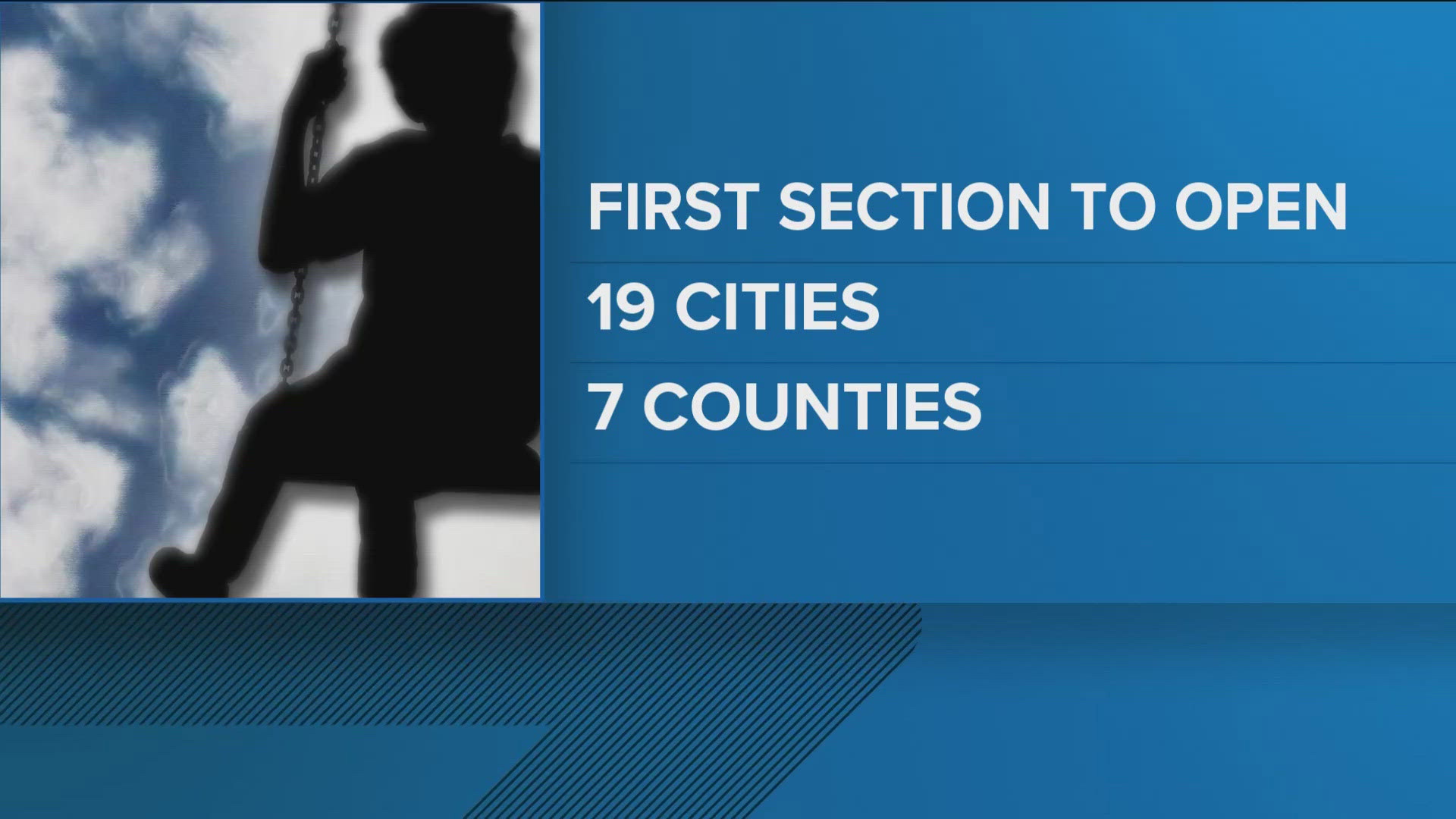ATLANTA — A community environmental group in Atlanta's English Avenue neighborhood is receiving $200,000 in grant money to help address the impact of tree removal on the Westside.
English Avenue is an acute epicenter of disproportionate climate impacts felt in Atlanta's underserved and historically Black neighborhoods -- in 2022 it was named a federal toxic Superfund site due to the widespread presence of lead on properties.
The grants announced Wednesday come from an organization, Drawdown Georgia, committed to unearthing solutions to such climate crises in the Peach State. A total of $1 million is being awarded to five groups in grants of $100,000 per year for two years.
The Green Team of English Avenue's project is partnered with the Climate Consortium of the Commons and Carinalis Consulting to "establish a community-driven model to address the impact of trees removed within the (Superfund) site on residential efficiency and thermal comfort of residents," a release said.
"The ultimate goal is to develop a replicable, scalable model that can be applied to additional homes in English Avenue, and in other Superfund sites within Georgia, and beyond," the release added.
The Superfund designation in 2022 also included the Vine City neighborhood next to English Avenue on the Westside. The neighborhoods became one of just a handful of Superfund sites in Georgia, and the only one in metro Atlanta. They're also unusual as residential communities - most Superfund sites are decommissioned industrial plants, military bases or literal landfills.
Properties around both neighborhoods have been undergoing testing for high lead levels since 2018, when industrial smelting waste ("slag") was discovered on two lots on Elm Street. The "slag" first found by Emory researchers in the neighborhoods is a smelting byproduct, and 11Alive's Joe Henke reported back in 2020 that when land in the Westside area was leveled to build houses decades ago, homes were built on top of the lead waste.
The initiative receiving the grant is called the Westside Passive Cooling Tree Equity Partnership and Project.
“All of us are impacted by climate change--but that doesn’t mean we all experience those impacts equally,” John Lanier, executive director of the Ray C. Anderson Foundation -- one of six family foundations who are funding the 2025-26 grants -- said in a statement . “The funding partners behind the Drawdown Georgia Climate Solutions & Equity Grants seek to help nonprofits across the state achieve this ultimate goal.”
The Climate Solutions & Equity Grants were established in 2022 to "empower BIPOC communities across Georgia to grow partnerships and programs that bring those who are most vulnerable to the impacts of climate to the table to lead, and benefit from, outcomes like new jobs, neighborhood investments, environmental benefits, and improved public health."
The other family foundations involved in funding the 2025-26 grants are The Ghanta Family Foundation, The Reilly Family Fund, The Tull Charitable Foundation, The Wilbur & Hilda Glenn Family Foundation and an additional anonymous donor.



